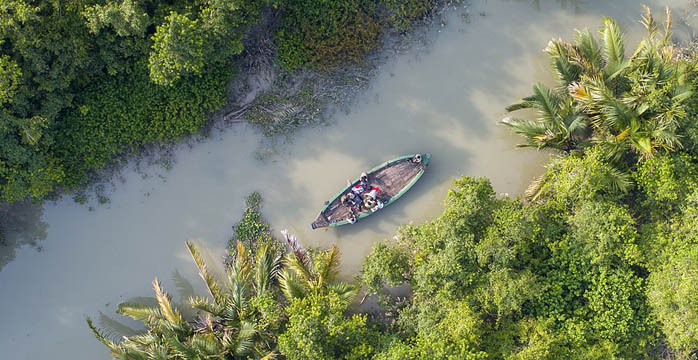My
name is Bushra, and I have completed my Masters degree in English
Literature a few years ago, although I am still studying, much to the
dismay of my parents. I would like to get my stories and my essays
published in magazines and blogs, hopefully for a lot of money. If you
have read this far, you may want to read my short story which was
published in Out of Print, which up till now is my only published
story. Its called Dadi/Amma. I wonít get money if you read it, but I
just wanted to brag. Okay, Iíll stop typing now.



